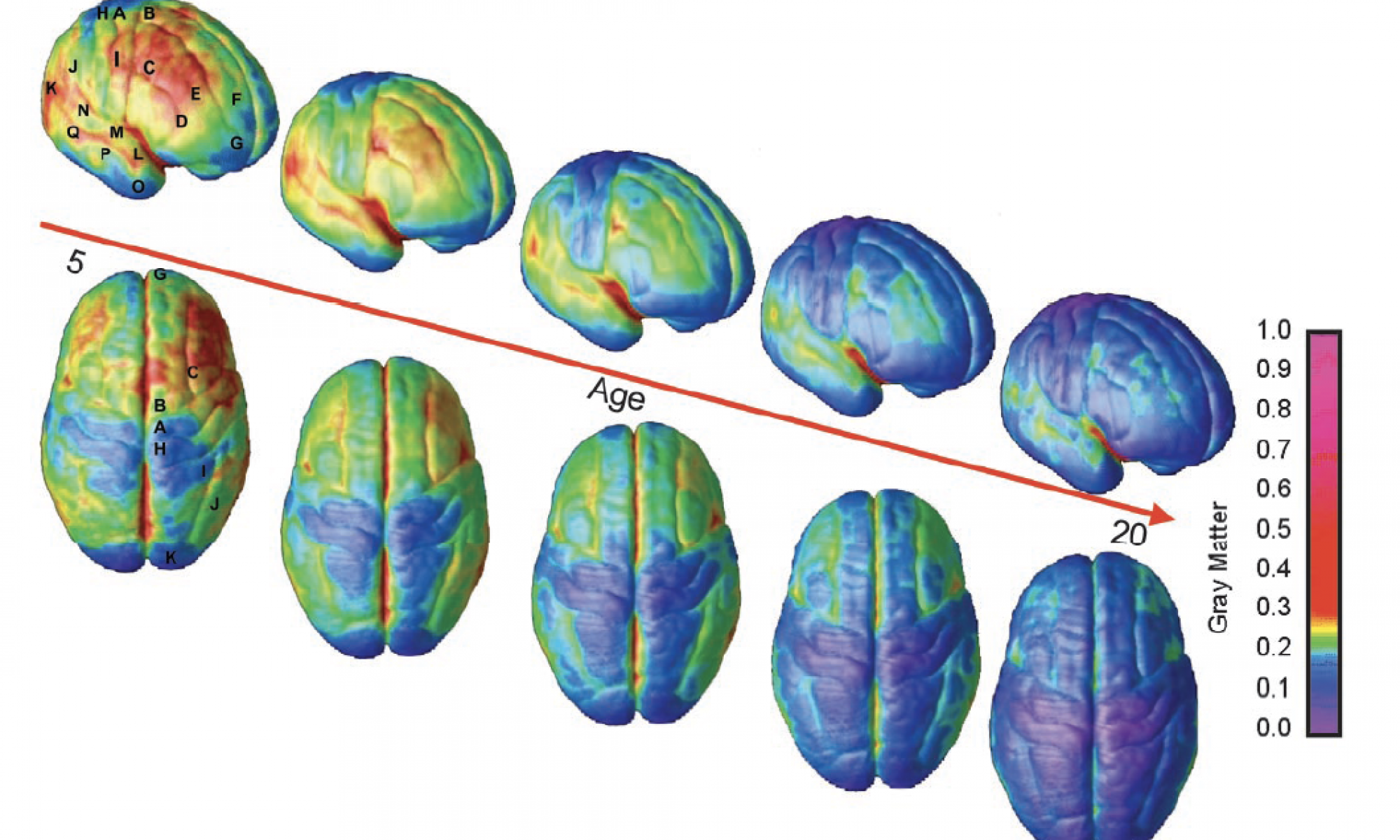As I am not an adult yet, it is a little difficult for me to be able to completely relate with the claim that “the songs we listened to during our teen years set [my] musical taste as an adult”. According to the article, the age where this begins to play a role in your musical taste is between 11 and 14 years old. When I was 11 years old, I absolutely adored Lady Gaga. Although I love her music, my music taste has shifted from the genre she tends to stick to versus to what I listen to now. While her music is more of a pop genre, I now tend to listen more to rap music and reggaeton/salsa – genres that are completely different to what Lady Gaga does. Due to my personal experience with this concept, I personally don’t fully agree with the claim that the author of the article is making – but I can see how it can relate to some people. As a kid, especially during my pre-teen years, I moved around a lot – which exposed me to various cultures. An article by CNN considers the claim that being that your culture has an impact on the type of music you prefer. Having been exposed to so many distinct cultures in my pre-teen years most likely shaped the judgements that I now have on my current musical taste. According a study in 2018 from the University of Rochester Medical Center by two medical reviewers, the frontal lobes (or rational parts of our brains) aren’t fully developed until someone is around age 25, therefore teenagers still have the ability to alter their reasoning and judgements. The evidence provided by the medical center makes me believe that the claim made in the original article on our adult music taste may be slightly faulty due to the fact that teenagers tend to go through a lot of experiences, such as moving in my case, that may have the capacity of altering decision making (ex. choosing music). To summarize, I believe that if you are exposed to a single culture or social environment during your pre-teen years, you are most likely to have the same music taste as an adult than as you did as a child, but being in distinct social contexts, as was I as a pre-teen, resulted in my frontal lobes developing differently than if I were to have grown up in one country my whole life since I needed to adapt to change.
Howard, Jacqueline. “Where Your Taste in Music Comes From.” CNN, Cable News Network, 12 Apr. 2017, www.cnn.com/2016/08/10/health/where-taste-in-music-comes-from/index.html.In-text Citation
Sather, Rita, and Amit Shelat. “Understanding the Teen Brain .” Ice Packs vs. Warm Compresses For Pain – Health Encyclopedia – University of Rochester Medical Center, 2018, www.urmc.rochester.edu/encyclopedia/content.aspx?ContentTypeID=1&ContentID=3051.In-text Citation
Ong, Thuy. “Our Musical Tastes Peak as Teens, Says Study.” The Verge, The Verge, 12 Feb. 2018, www.theverge.com/2018/2/12/17003076/spotify-data-shows-songs-teens-adult-taste-music.In-text Citation

Overall, I found the analysis of the article to be well written and compelling. Your personal point of view was very clear and proved to be a solid counterargument to the article. Your particular musical evolution and the story about moving a lot gave it a personal view. However, I think the writing was not at an appropriate level for the audience. The average teen reading this will find the diction easy to understand and your examples relatable. But, because the audience is students in a neuroscience class who are familiar with scientific diction, the level could be higher. The sources you used were great. The study done by the University of Rochester Medical Center is a good, credible source. The CNN article was also credible as it used data gathered by researchers at various reputable universities. All of the sources were well integrated into your argument. Further, your thesis was a clear counterargument to the target article. You used evidence from reputable outside resources and your own personal experiences to back up your claims well. I definitely understand your argument on this topic.